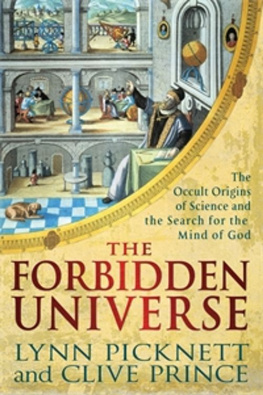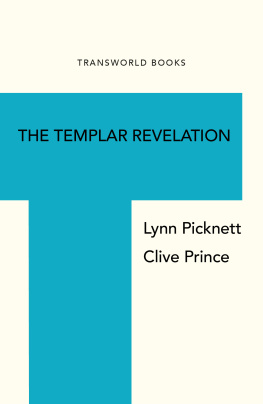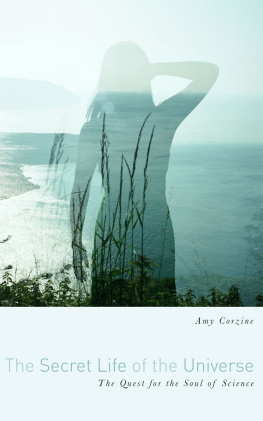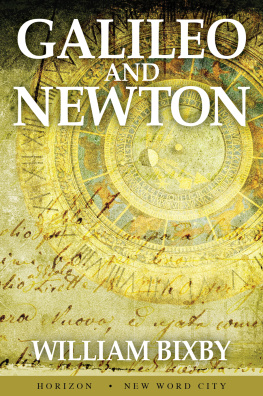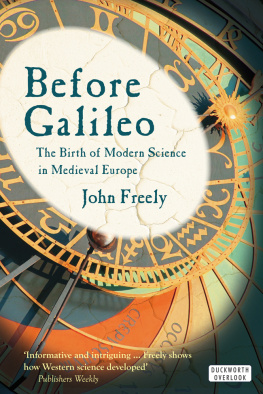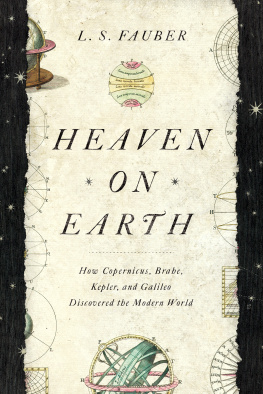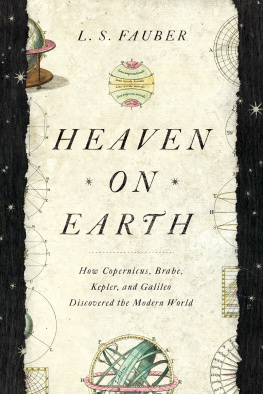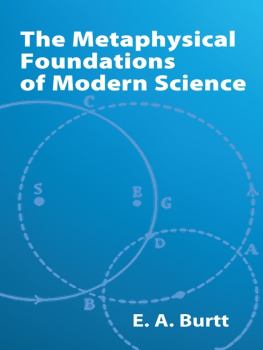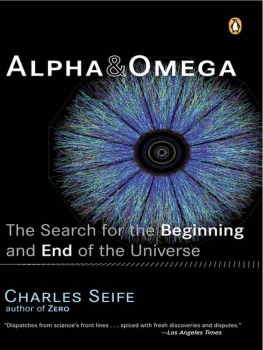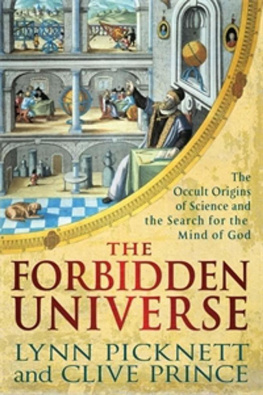Unless you make yourself equal to God, you cannot understand God; like is understood by like. Make yourself grow to immeasurable immensity, outstrip all body, outstrip all time, become eternity and you will understand God. Having conceived that nothing is impossible to you, consider yourself immortal and able to understand everything, all art, all learning, the temper of every living thing. Go higher than every height and lower than every depth. Collect in yourself all the sensations of what has been made, of fire and water, dry and wet; be everywhere at once, in land, in the sea, in heaven; be not yet born, be in the womb, be young, old, dead, beyond death. And when you have understood all these at once times, places, things, qualities, quantities then you can understand God.
In September 2010 the London Times carried the banner headline Hawking: God did not create Universe, conveying a sense of finality, as if one man no matter how distinguished had finally answered arguably the greatest question of all time. In fact, to us the most remarkable thing about this was that Britains leading broadsheet thought this topic worthy of their front page. Although it was publishing extracts from his latest book, The Grand Design, the readiness with which The Times accorded Hawking not only the headline, but also a lengthy article and most of the accompanying magazine, shows just how big the debate between religion and science has become.
An even more strident anti-God voice is, of course, that of Richard Dawkins, the British evolutionist and crusading atheist, whose The God Delusion (2006) polarized the controversy and gave rise to a flurry of books either attacking him or turning him into a demi-god in his own right. This even led to the bizarre sight of Londons big red buses carrying posters that declared, Theres probably no God. Now stop worrying and enjoy your life, followed swiftly by the other sides call to arms, There definitely is a God. So join the Christian Party and enjoy your life. Seeing these buses sail past in the capital of arguably the most secular country in the West was indeed a curious sight. The controversy has become so cool that it has even found its way into the routines of the edgier comics such as Eddie Izzard and Ricky Gervais, both of whom are vociferously and colourfully atheist.
The debate is by no means simply confined to personal belief or philosophical interest. Religion is now also a hot topic for politicians and social workers, as the gulf widens between the secular and religious mindsets. It seems that virtually every day the media carries some manifestation of this tension, from the French ban on the wearing of the Muslim burqa to the fundamentalism that fuels the War on Terror.
When the argument about the existence of God is framed, as it usually is, in terms of dogmatic organized religion, the Dawkins school seems to be well ahead. When he is arguing with a Christian fundamentalist or a fervent Catholic it is hard not to agree with him. But when he extends his reasoning to anything that touches on the mystical, magical or transcendental, that is where we part company.
There are several major problems with the position advocated by Dawkins and his even more vociferous fellow atheist Christopher Hitchens, author of God is Not Great (2007). The first is that, taking advocacy of rationalism and science to its logical conclusion runs the risk of scientism science as an ideology instead of an objective method for evaluating and improving the natural world. This would create a society in which every aspect of life not just technology, medicine and so on is assessed and governed by science. However, as very few people have either the time or the inclination to keep up to date with cutting-edge science, they would have to take the pronouncements of scientists on trust or faith. Which is exactly how priests rose to power, by claiming an exclusive insight into Gods laws beyond the reach of ordinary folk. We would be back where we started; scientists would be the new priesthood, and scientism would have become the new religion.
More importantly, it seems to us that a sweeping dismissal of anything remotely spiritual or mystical actually ignores a major part of what it is to be human. The Dawkins/Hitchens school fails to distinguish between, on the one hand, the religious impulse that is innate to human beings and, on the other, the systems of authority and control that the organized religions have become.
The debate is almost always portrayed with just two alternatives, scientific atheism and organized, dogmatic religion. But something is missing: the profound sense of the Other, or the transcendental what may be termed the mystical, or even magical that underpins, but is not the same as, religious sensibilities. And, as this book hopes to demonstrate, this is by no means incompatible with a truly scientific worldview.
There has never been a culture from rainforest tribes to the greatest civilizations such as Rome, ancient Egypt or even the modern West which did not begin with an understanding of the world based on a belief that it is both purposeful and meaningful, arising from a supernatural ordering of things. It, and everything in it, are here for a reason. This way of looking at the world around us is not learned, but instinctive; it comes naturally to the individual. And this yearning for the transcendental is not rooted in organized religions; they and their priesthoods might exploit this innate impulse, but they did not create it.
Ours is the first civilization where a significant number of people have attempted to break away from such a worldview. But, as Richard Dawkins laments, it is a slow and difficult struggle, precisely because such thinking is second nature to our species. It is so universal, so taken for granted, that it seems to be hardwired into us.
Indeed, while we were writing this book, new evidence emerged, in the work of developmental psychologist Professor Bruce Hood of Bristol University, who concluded at the 2009 meeting of the British Science Association that superstition is hardwired, being there from the beginning:
Our research shows children have a natural, intuitive way of reasoning that leads them to all kinds of supernatural beliefs about how the world works. As they grow up they overlay these beliefs with more rational approaches but the tendency to illogical supernatural beliefs remains as religion.
Hood demonstrated just how hard that wiring is. For example, his study of a group of staunch atheists revealed that even they found the idea of receiving an organ transplant from a murderer utterly abhorrent a completely irrational reaction. Another researcher, American anthropologist Pascal Boyer, concludes:
Religious thinking seems to be the path of least resistance for our cognitive systems. By contrast, disbelief is generally the work of deliberate, effortful work against our natural cognitive dispositions.
Hood and Boyer are not talking about deeply mystical and religious feelings but something much more common. Yet, while recognizing how fundamental magical thinking is to human beings, they fail to explain the big question of why this should be so.
Similarly, the Dawkins school pays little attention to this mysterious human propensity for a belief in the supernatural and the magical. As it is the very antithesis of scientific, rational thought they dont even give it a nod. But this is dodging a major question. Even if it is all just superstition, surely investigating such a basic instinct with an open a truly scientific mind would reveal something important about humanity? If, as Dawkins insists, God is a delusion, why should we be

